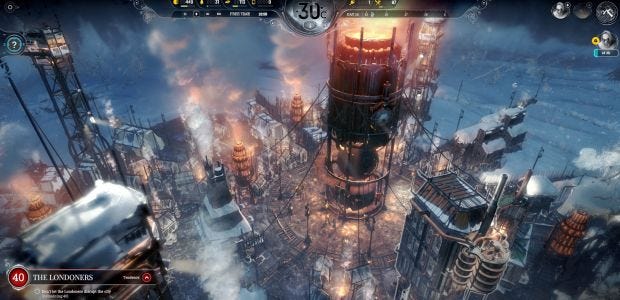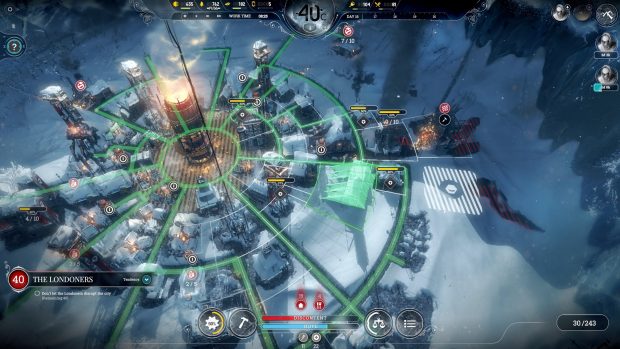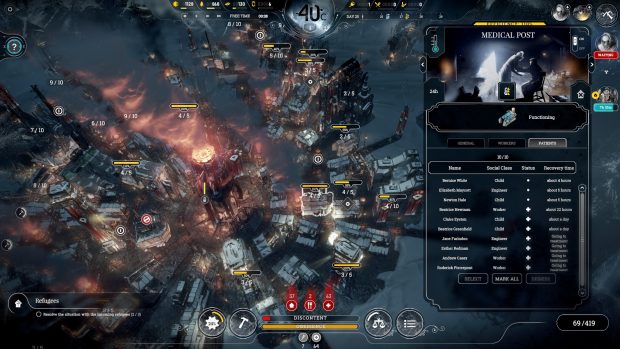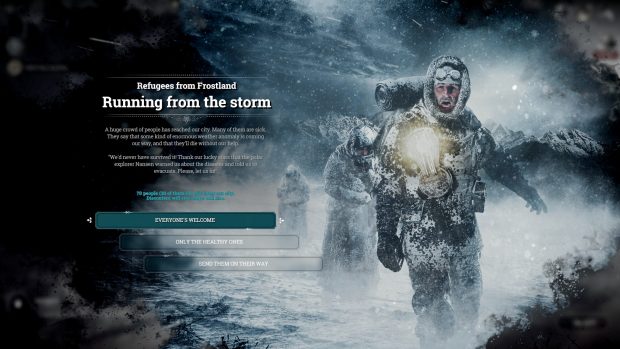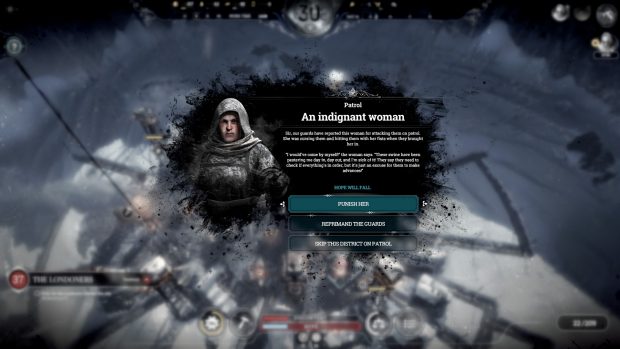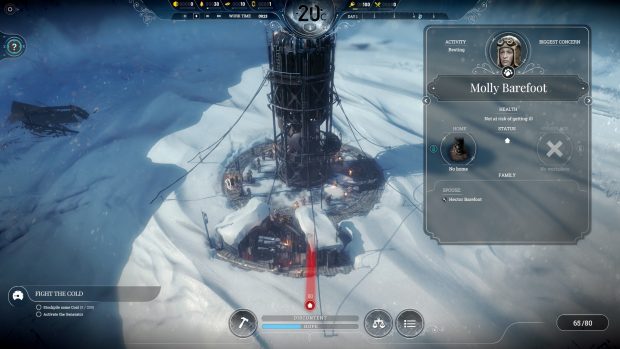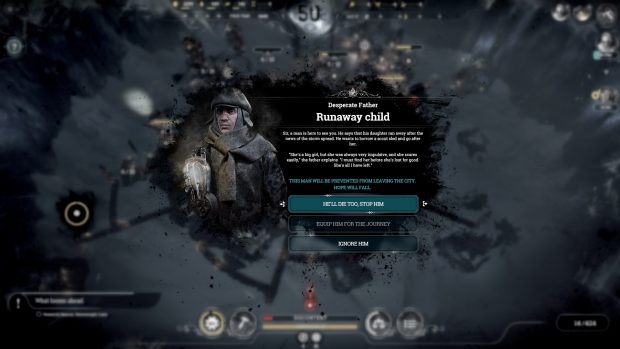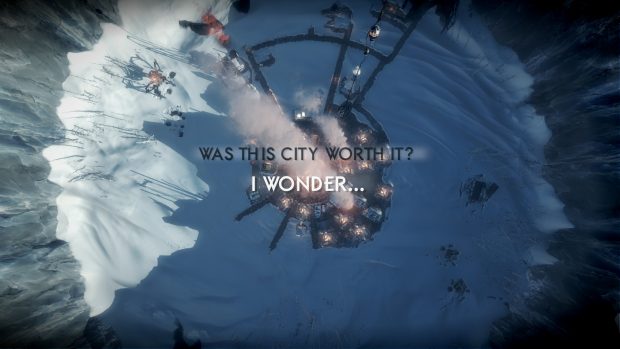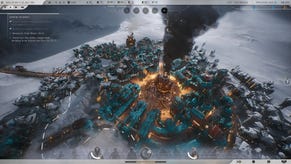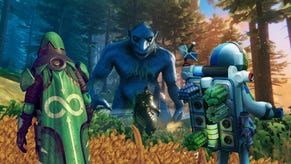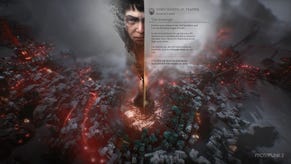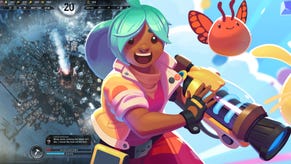Wot I Think: Frostpunk
A cold-hearted city builder
When I signed the law drafting children into my city’s workforce, I should have felt resistance. Some sense of remorse, or an impulse to explore other options—anything but this. Instead, I was simply surprised at just how many kids lived here.
Then I sent them to the coal mines.
Frostpunk is a ‘society survival’ game. A steampunk city builder where you control the placement of buildings, the distribution of labor, and the laws guiding the evolution of the city of New London, against the backdrop of a world dominated by cold. Menus and direct ethical decisions burst on-screen with the uneven crackle of frost (the miners want to go home and be with their families before a major disaster—will you let them?), and lights caught at the edge of view refract through a pane of glazed ice. While it can be difficult to identify specific buildings you’re looking for amongst the tangle of ramshackle, snow-dusted structures and stacks of smoke, the eerily cozy aesthetic of the game is breathtaking in motion.
In three scenarios with differing complications, environmental layouts, and even stories, you’re given the power of life and death over a populace that alternately loves or despises you. The twin meters of Discontent and Hope represent the general opinions of your populace. Attaining basic resources for survival like food and coal potentially requires sacrifice from the living beings you serve. All the while, the world is getting colder, forcing you to make less than ideal decisions to see another dim sunrise.
You can send the massive generator at the center of your society into overdrive for emergencies, but if the generator overheats, the game ends. If everyone dies, the game ends. If Discontent gets too high, the game ends. If Hope falls to 0, the game ends. You can send scouts and outpost parties into the Frostlands to seek resources from elsewhere, learning more about the state of the world in the process, but that’s just more personnel that won’t be able to contribute to the work in the city itself. This situation seems ripe for a constant, nerve-wracking juggling of priorities, and this is where Frostpunk shines. It never fails to impress just how much panic Frostpunk can pull from you by changing a few numbers, or dramatically plunging a given meter, and leaving you to deal with the consequences. I spent much of the 9 hours it took me to finish the main story desperately clicking across minimal menus in attempts to find some way out of the current hole I was in.
In some ways, Frostpunk plays like an extremely slow real time strategy game, where laws and heat sources are just as engaging to micromanage as colorful units. Pausing and fast-forwarding time as needed to get things just right, before finding out that your plans were so very wrong, is a regular experience. Occasionally, though, you’ll hit a point where you feel like you’re calmly tending a garden. A garden of sniffling survivors in a frozen wasteland built on shattered promises, but a garden nonetheless.
Unfortunately, the moral portion of Frostpunk’s systemic balance, though heavily emphasized, is one of the few areas where it falls flat.
Following the example of 11 bit studios’ previous game, This War of Mine, almost every action you take can be framed as a moral choice. Turning down the range of your generator will save coal, but it also means those citizens caught at the edges of your city will suffer the effects of the irresistible cold. Decisions have practical costs as well as invisible, ethical ones, and well-meaning goals often require sacrifice to achieve on even a basic level. However, because both the considerations and consequences that accompany a decision remain on the scale of the ‘big picture’, Frostpunk quickly becomes a game of easily-quantified numbers.
To survive, you need [X], and in the situation you’re currently in, you can’t get [X] without doing [Y]. Because [Y] is done in the service of the greater good, it’s hard to feel selfish. Not executing political prisoners would mean the absolute failure of the entire colony—and on a personal level, the loss of 5 valuable hours of in-game progress. There’s always the unspoken message that, maybe, you could avoid these circumstances by playing better, but that misses a larger point. Frostpunk, in pursuing the high-level control and intrigue of managing a society, forgets the personal.
In multiple-choice text sequences, people are referred to simply as ‘a citizen’ or ‘a woman’. You don’t get the opportunity to recognize a particular person as a trouble maker, or perhaps as being especially helpful. Except for a basic family tree, the pages of citizen biographies are distressingly blank, even when you supposedly have secret informers seeded among the population.
Engineer Harry Mason doesn’t have a particular aptitude for medicine, making him an ideal pick for placement in a medical facility. John Smith doesn’t become a better sawmill employee after working there for some time, making his getting sick or being transferred undesirable. Aside from being token talking heads at certain set points, it would be reasonable to forget these people have voices or preferences at all.
Every worker is an interchangeable cog in the machine that is your city, so when you’re suddenly asked to consider how one person feels amongst this giant, teeming mass that needs your constant attention, you don’t have a reason to care beyond personal inclination. A personal inclination that, again, has an entire city to think about.
After surviving the main scenario, the physical growth of your city is charted with a gorgeous timelapse, while the game addresses the moral growth of your society via a text epilogue. I had come out the other end of a long winter. Over half of New London’s population was dead. Political prisoners were executed regularly to control discontent, and heavily-armed officers roamed the streets, enforcing order. I would struggle with this course of action in any other game. However, Frostpunk, intentionally or not, creates the ultimate Trolley Problem. 200 died so that 200 would live. Instituting absolute order meant that my Hope meter became Obedience, and I would never again have to worry about that precious resource running out when I considered my next course of action. In fact, I could directly act against it, safe in the knowledge that my citizens supported my reign—or else.
I distinctly remember needing people to die at some point. I flipped the switch that controlled the heating of their homes to ‘off’, and idly noticed the sickness rates skyrocket as I attended to the other lives under my care. I didn’t know the people in that housing development as anything other than numbers, and a few randomized character portraits. They didn’t matter any less than the other people in New London—but that meant they didn’t mean any more, either.
The kids in the mines were, surprisingly, the last to go.
Frostpunk may be one of the most tense, exciting city building survival games on PC, but for a game with such an emphasis on innate justice, and heat, it leaves you surprisingly cold.
Frostpunk is out tomorrow on Steam and GOG
